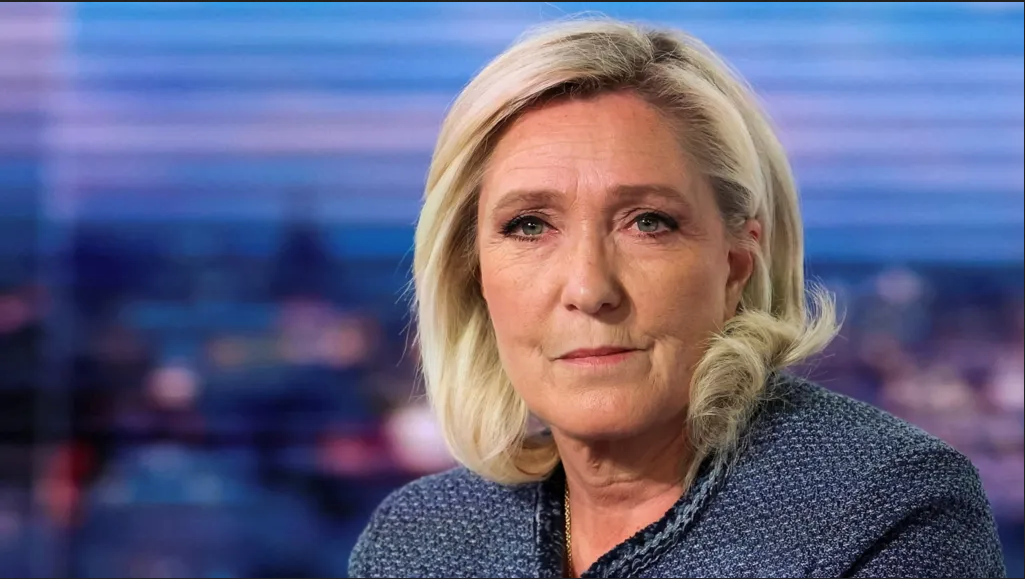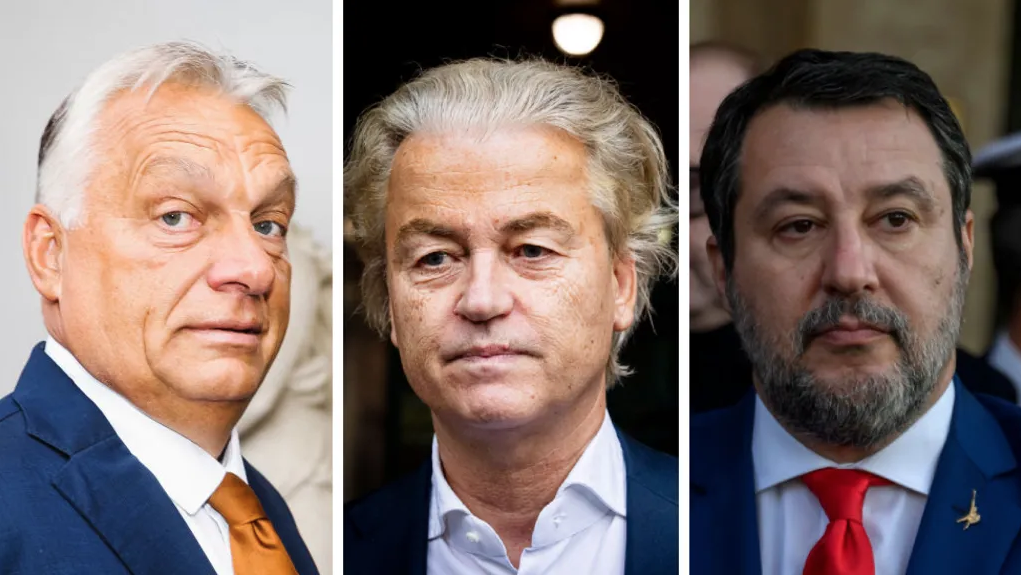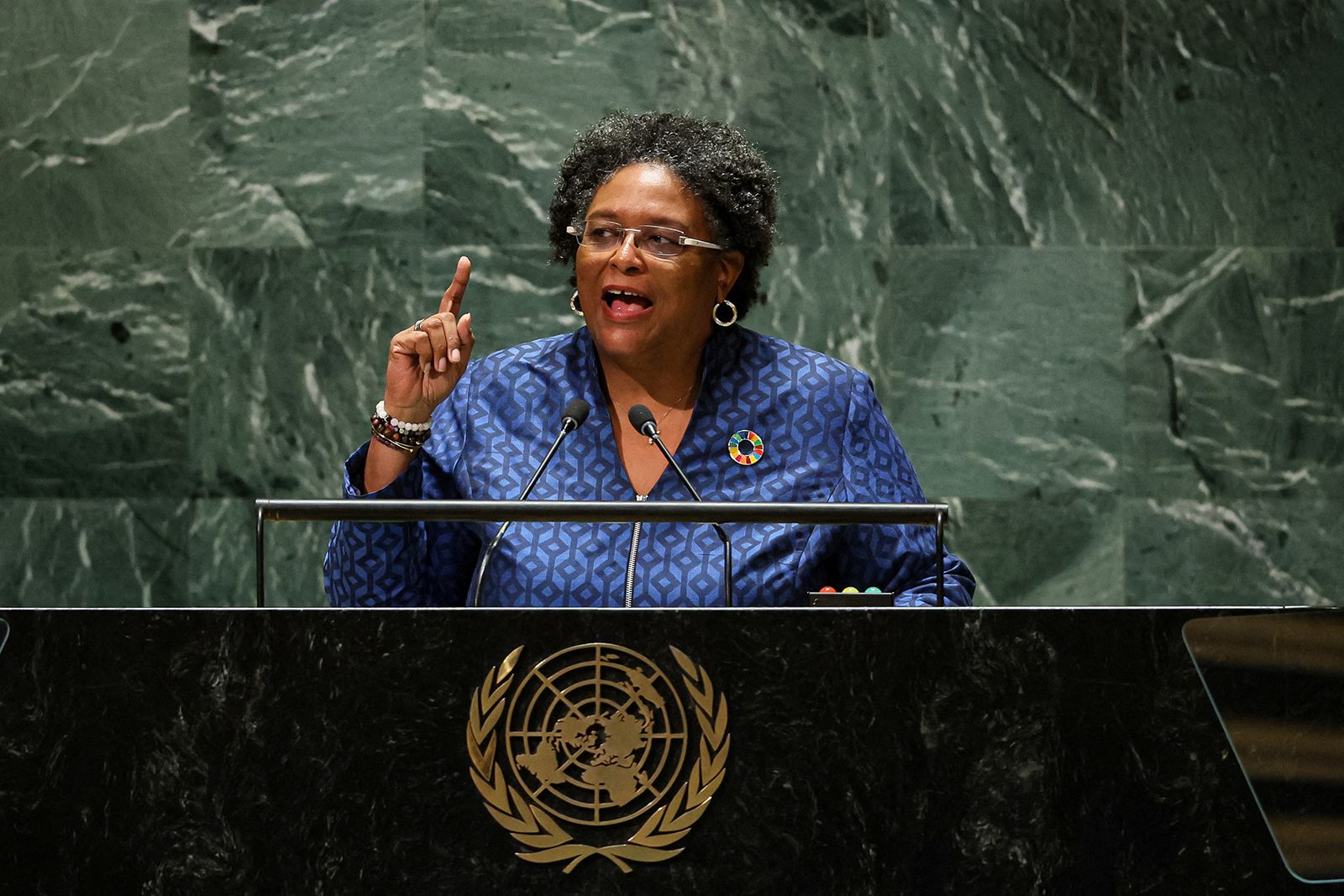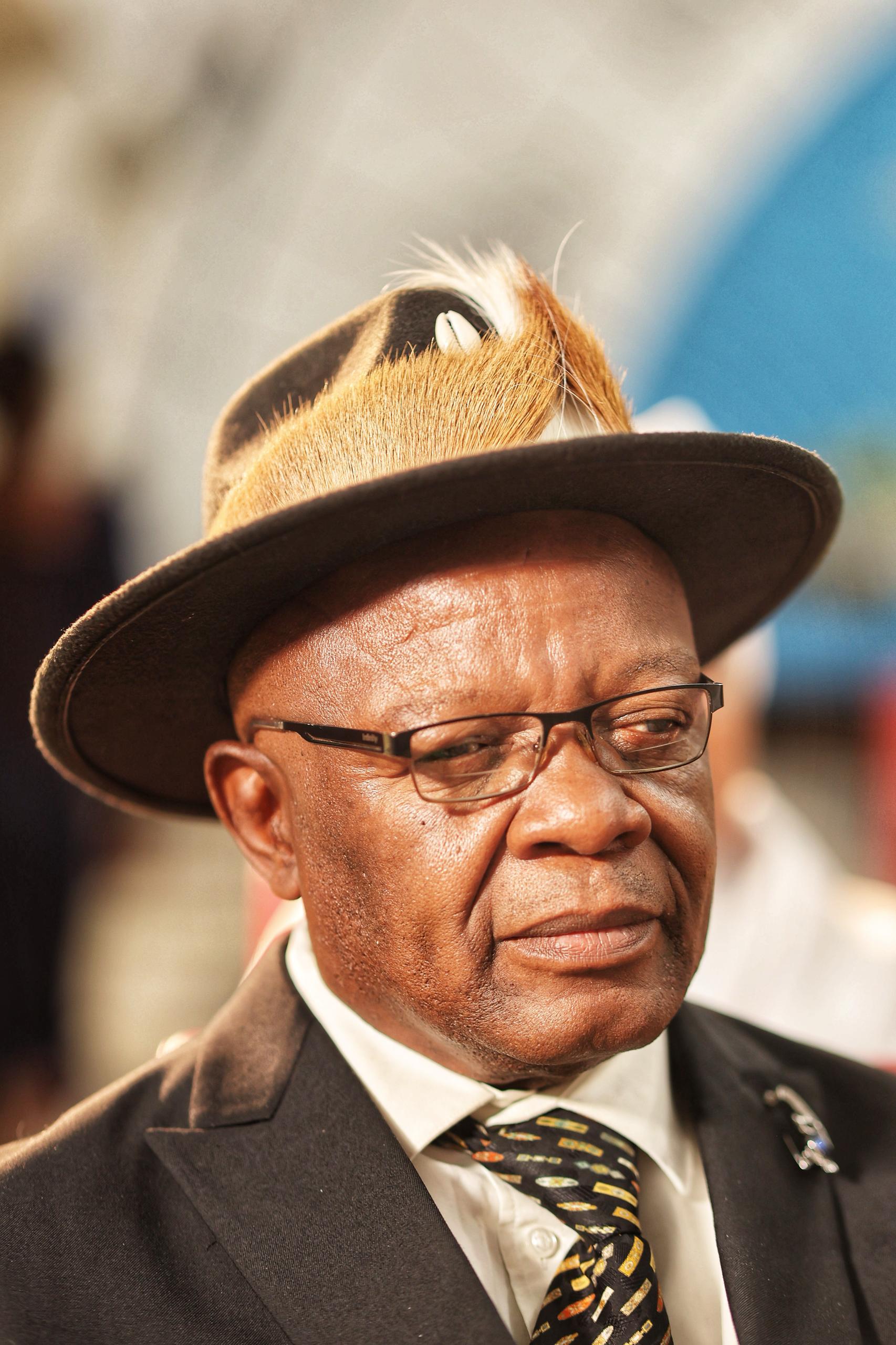Marine Le Pen is an icon of France’s nationalist right: one of the country’s best-known and most popular political figures – with her France First, anti-woke, anti-migration agenda.
Far-right leaders, currently growing in support across much of Europe, view her as ‘one of the gang’ – even if they don’t see eye to eye on every issue.
Many of these leaders took to social media on Monday, after Le Pen was banned from running for political office for five years having been accused, alongside others, of embezzling over $4m (£3.1m) of EU funds for use in France by her National Rally party.
For them, this was an opportunity, not simply to show support for Le Pen but to use her case to highlight what they see as their common cause – a struggle against a politically traditional mainstream, that seeks to muzzle or undermine their nationalist agenda.
But for Le Pen, this could be the death knell of her long-cherished ambition to become French president. She’d been riding high in the polls ahead of the next election, scheduled in two years’ time.
She and her political associates insist they’re innocent. They’re appealing against the verdict.
In a flamboyant show of solidarity on Monday, Hungary’s controversial Prime Minister, Viktor Orban, declared in a post on X in French “Je suis Marine” (“I am Marine”).
Populist Geert Wilders, the leader of the Netherlands’ largest political party, posted on X he was sure Le Pen would win her appeal and that she would be France’s next president.
Italy’s hard-line deputy prime minister, Matteo Salvini, also took to social media: “We are not intimidated… full speed ahead, my friend!”.
“Those who fear the judgment of voters often seek reassurance from the courts. In Paris, they have condemned Marine Le Pen and would like to remove her from political life”, he wrote.
France’s courts deny they are politicised. They say their job is to serve justice.
But a suspicion that the court was biased – determined to block the political success of self-declared voice-of-the-people Le Pen – was echoed by supporters in and outside France on Monday.

From Russia, even the Kremlin chimed in. Dmitry Peskov, spokesman for President Vladimir Putin, displayed a sudden interest in democracy, declaring that “Marine Le Pen’s situation constitutes a violation of democratic norms”.
In a number of European countries, national legal systems appear caught in the middle in a new era of deep divisions and suspicions in society – leading to a tug of war between populist politicians and their detractors – each accusing the other of using the judiciary to protect their own political interests. France, Romania and Hungary are recent examples.
As is the United States.
Donald Trump declared the Le Pen conviction a “very important matter.”
Speaking at a White House signing ceremony on Monday, Trump added: “[Le Pen] was banned for five years and she was the leading candidate.”
“That sounds like this country, that sounds very much like this country.”
When he faced a number of legal challenges ahead of the US presidential election in November, Trump attacked all those involved in the lawsuits against him, as well as the media whose investigative work on him he again called “illegal” last month.
But now he’s back in the White House, he’s been accused by critics of trying to use the courts to enact revenge on political opponents.
His legal woes clearly didn’t harm his political fortunes though.
Back in France, it is possible that – whatever happens to Le Pen politically – her party will benefit and grow in popularity from all the media attention surrounding Monday’s sentencing, the appeal case that will follow and a sense of defiance amongst a big chunk of voters at a French Establishment they believe is trying to stifle the will of the people – robbing them of their popular choice for president. – BBC
Stay informed with The Namibian – your source for credible journalism. Get in-depth reporting and opinions for
only N$85 a month. Invest in journalism, invest in democracy –
Subscribe Now!










